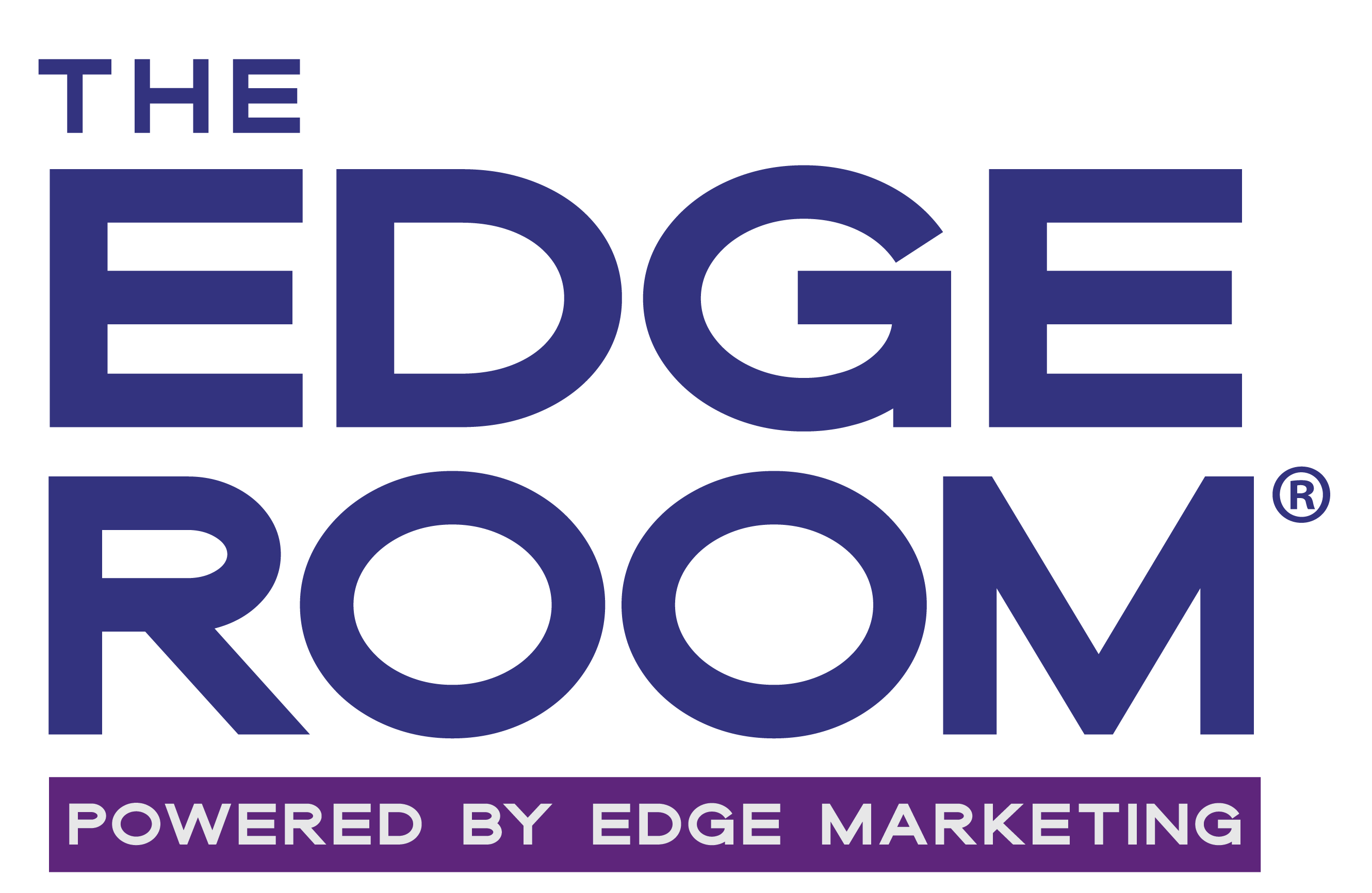CHICAGO (March 25, 2025) – Reveal, the global provider of dual eDiscovery and investigation platforms powered by a single, unified AI engine, today announced it has been named the winner of the prestigious Legalweek Leaders in Tech Law Award for Best eDiscovery Technology. The award was presented during the fifth annual Legalweek Leaders in Tech Law Awards ceremony held Monday night, kicking off Legalweek 2025 in New York City.
The Best eDiscovery Technology category recognizes legal technology companies or alternative legal service providers that help users implement technology that supports, streamlines or improves any aspect of the e-discovery process or any step in the EDRM framework. Reveal’s comprehensive, dual approach to eDiscovery, which offers solutions for organizations of all sizes, from Am Law 100 firms to solo practitioners, was selected for its proven ability to significantly improve user outcomes and streamline workflows.
“This recognition from Legalweek validates our mission to transform the practice of law through AI-powered technology that delivers meaningful results for our clients,” said Wendell Jisa, Founder and CEO of Reveal. “I want to express my deepest gratitude to our incredible team at Reveal whose innovation and dedication make our success possible, to our customers who trust us with their most critical legal challenges, and to ALM for recognizing the impact of our technology.”
Reveal Enterprise for complex, enterprise-grade legal matters, combined with Logikcull by Reveal for smaller cases requiring simplicity and speed, democratizes the practice of law by making powerful AI-powered eDiscovery tools accessible to legal teams of all sizes. Underpinning its leading eDisovery platforms is Reveal’s powerful AI technology. From GenAI features like ‘Ask,’ to its upcoming launch of its GenAI Review technology, Reveal continues its established legacy of redefining legal AI innovation for the benefit of legal professionals globally.
As Rhys Dipshan, Editor of LegalTech News stated, “These awards recognize those who have made significant contributions to legal innovation from law firms, corporate legal departments and legal tech providers. They honor the efforts of legal professionals or organizations, specifically how they are pushing the boundaries of legal innovation, redesigning processes and improving the way legal professionals work or building the foundation for a more innovative, creative and knowledgeable legal industry.”
For more information about Reveal and its AI-powered eDiscovery solutions, visit www.revealdata.com.





